Tag: industrial ecology
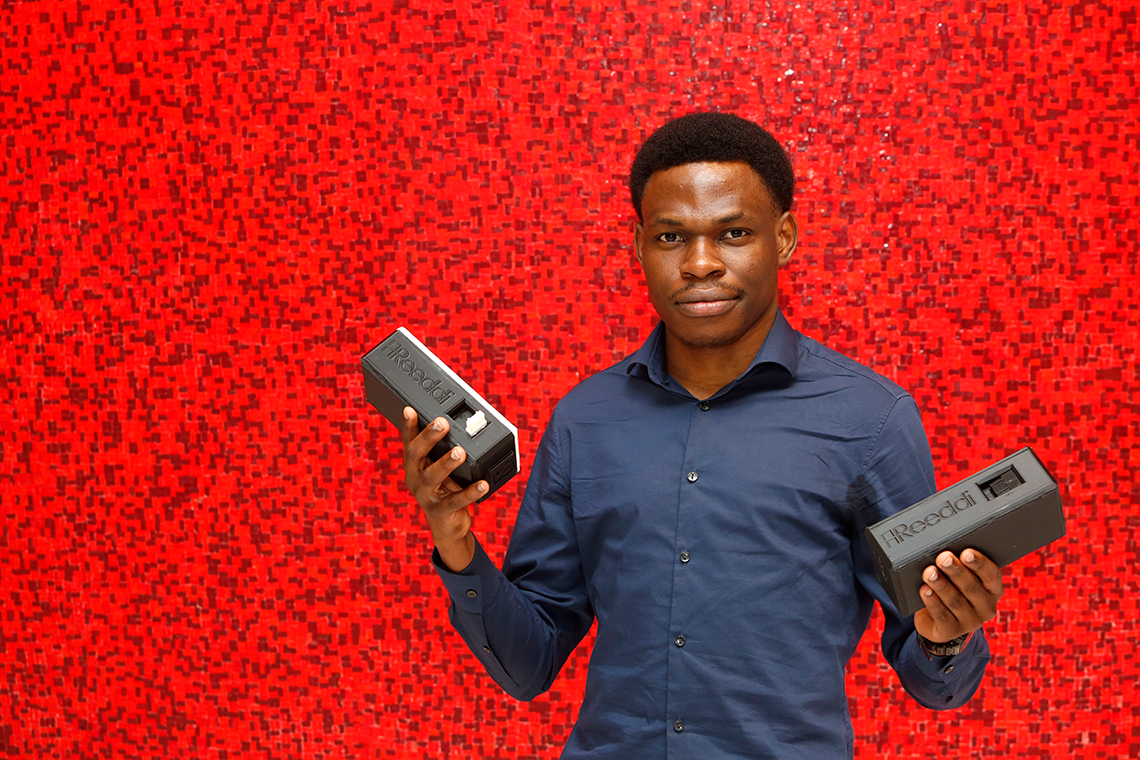
U of T entrepreneur to put reliable power in the hands of Nigeria’s people
Olugbenga Olubanjo remembers fist-pumping in celebration on Victoria Day when he found out his startup had won an award of US$10,000.
Olubanjo, who recently graduated with a master’s degree in civil engineering from the University of Toronto, and his team at Reeddi (pronounced “ready”) aim to bring clean, affordable and portable power to the people of Nigeria, freeing them from an expensive and unpredictable energy grid.
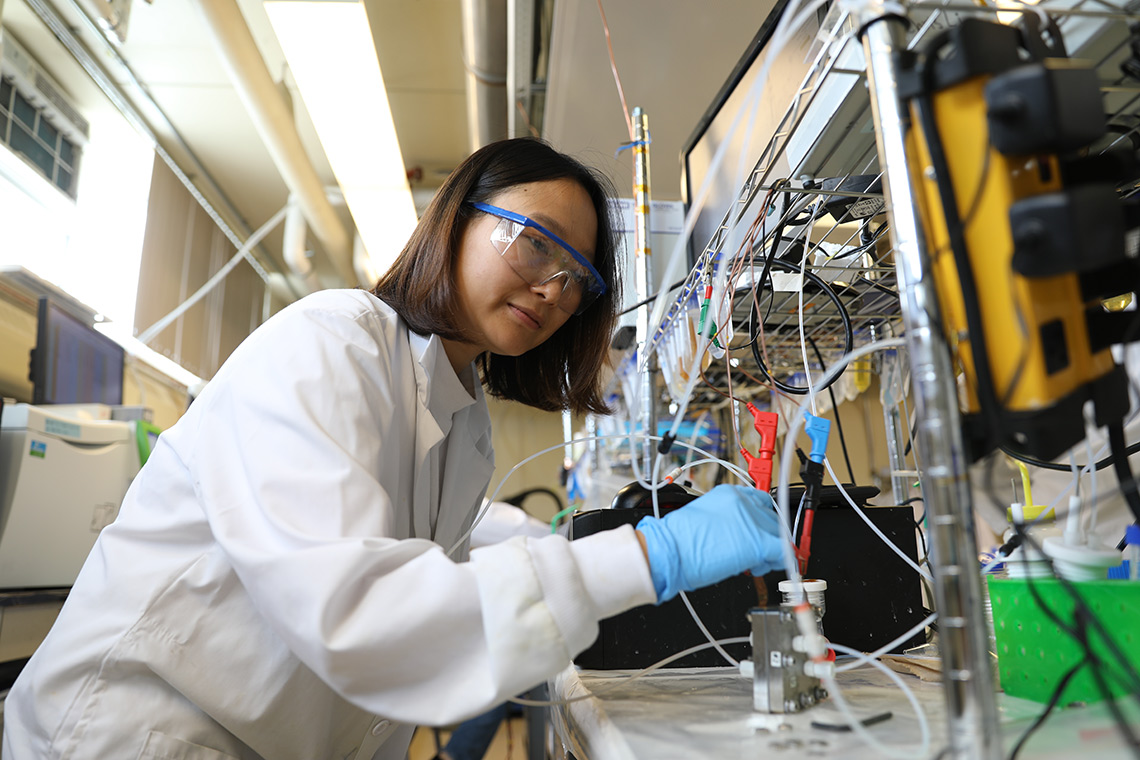
Out of thin air: U of T researchers shorten path to capturing and recycling CO2 with new process
A research team from the University of Toronto has developed a new electrochemical path to transform CO2 into valuable products such as jet fuel or plastics. The technology could significantly improve the economics of capturing and recycling carbon directly from the air.
“Today, it is technically possible to capture CO2 from air and, through a number of steps, convert it to commercial products,” says University Professor Ted Sargent, in the Edward S. Rogers department of electrical and computer engineering, who led the research team.
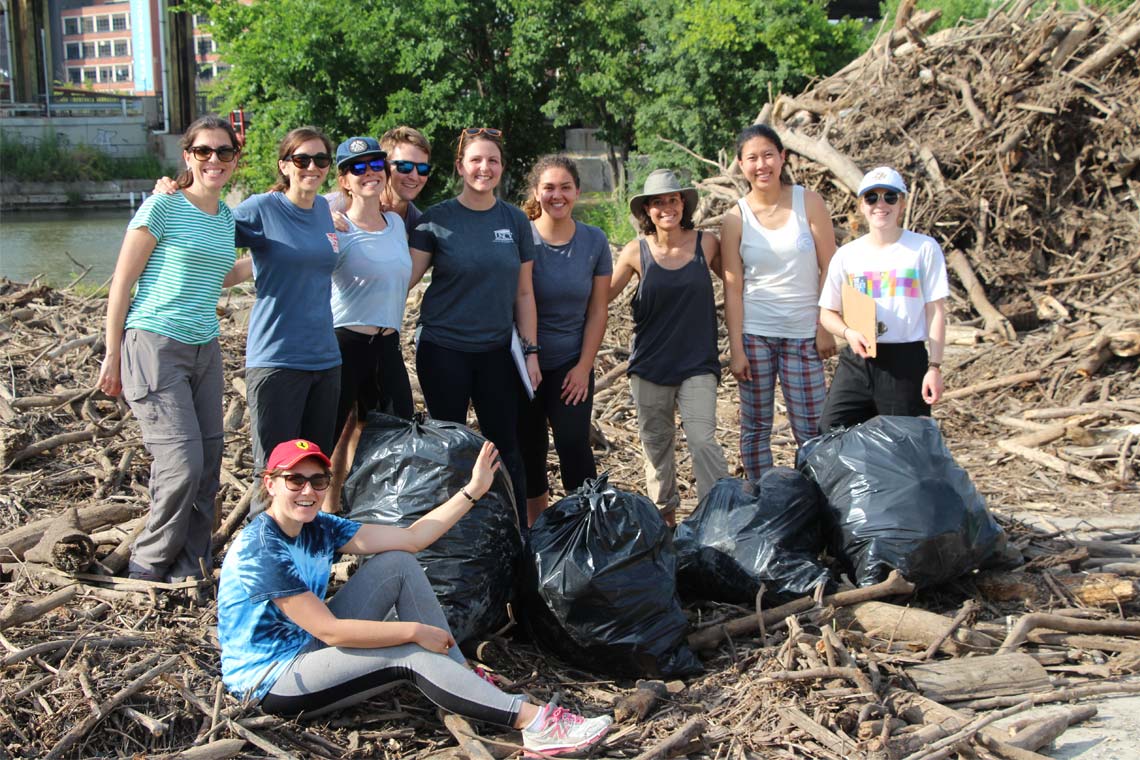
The last straw: U of T ecology expert, students create inventory of plastic litter that collects in the Don River
On a hot and muggy July day, Chelsea Rochman, an assistant professor of ecology and evolutionary biology at the University of Toronto, and a group of students made their way to the mouth of the Don River, armed with gardening gloves, garbage bags and a first aid kit.
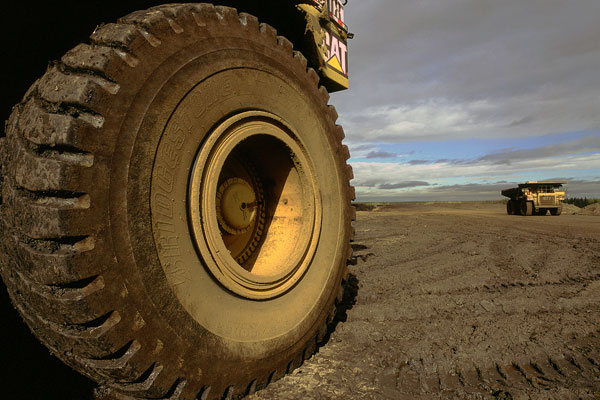
Oil sands emissions greatly underestimated, research shows
A new comprehensive modeling assessment of contamination in the Athabasca Oil Sands Region indicates that officially reported emissions of certain hazardous air pollutants have been greatly underestimated.
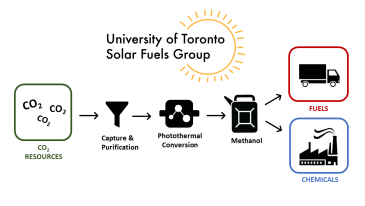
U of T team awarded major funding for greenhouse gas project
Researcher Geoff Ozin and the Solar Fuels Team at the University of Toronto have been awarded close to $1 million from the Low Carbon Innovation Fund (LCIF) to translate their greenhouse gas research to scale.
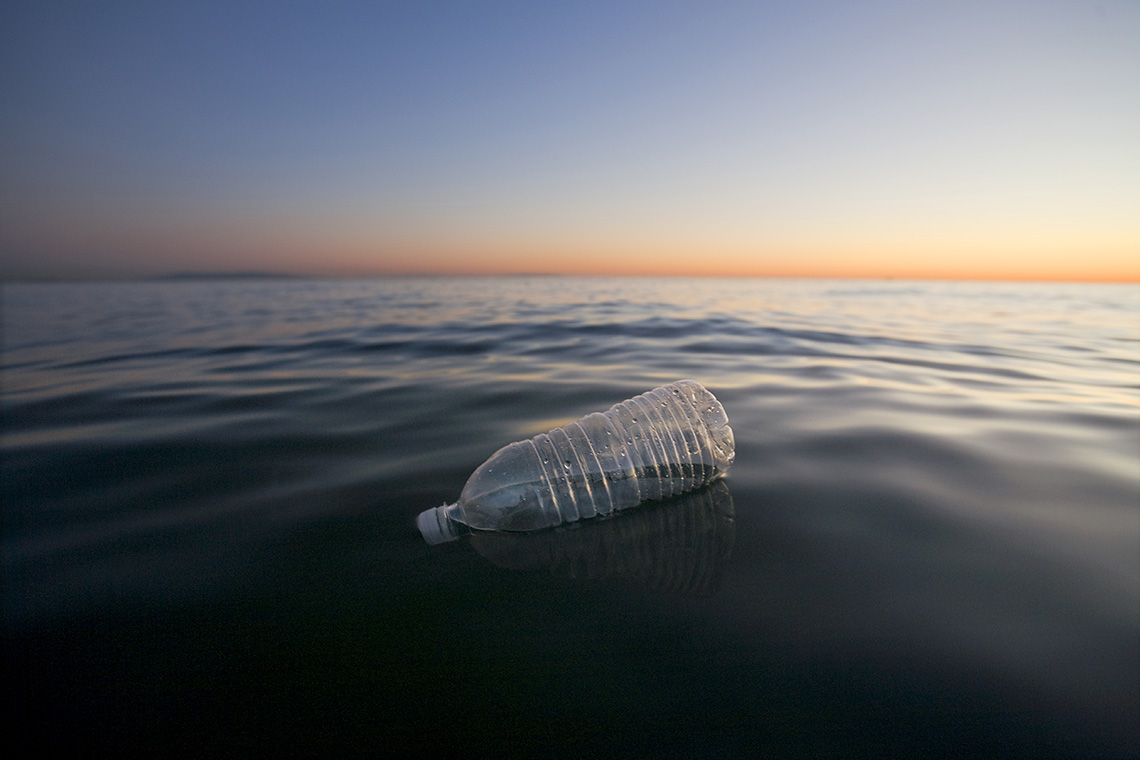
Plastic not just a problem in our oceans, also affecting the Great Lakes: U of T research
Chelsea Rochman, assistant professor of ecology and evolutionary biology at the University of Toronto, says we should be paying close attention to what’s taking place closer to home in the Great Lakes.
“The contamination in the Great Lakes and other bodies of freshwater from plastics and microplastics is ubiquitous,” says Rochman, who looks at plastic debris and its associated chemical contaminants.
